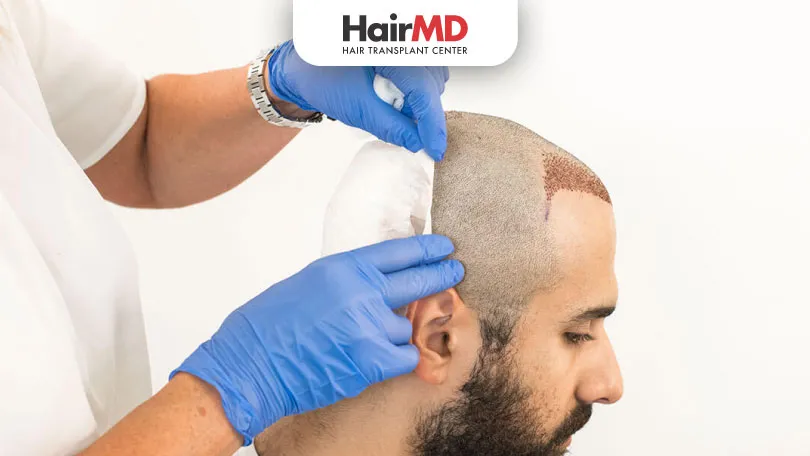Hair transplant is one of the renowned treatment in the cosmetic field. Hair transplant surgery is a great treatment option for people who have hair loss and baldness problem. If you are thinking of getting a hair transplant done then you should know medicines after hair transplant surgery is equally important.

Baldness is a cause for low self-esteem and self-confidence, depression and unnecessary stress. I will give you complete information on why medicines are important after hair transplant.
Table Of Content
- How to Get Successful Hair Transplant Surgery
- Important Medicines After Hair Transplant
- Conclusion
How to Get Successful Hair Transplant Surgery
Important Medicines After Hair Transplant
Conclusion
Popular Q&As
Discover affordable hair transplant solutions in India, including factors affecting pricing and available treatments. Losing too much hair can be concerning. find out about the common causes of hair loss and learn how to prevent further thinning at HairMD Pune Losing too much hair can be concerning. find out about the common causes of hair loss and learn how to prevent further thinning at HairMD Pune
What is the cost for hair transplant in India?
Why Is My Hair Falling Out So Much?
Best Hair Loss Shampoo for Men: Expert Tips | HairMD
We Got Your Back! Ask Us Anything On Your Mind!
Reach out to us on


